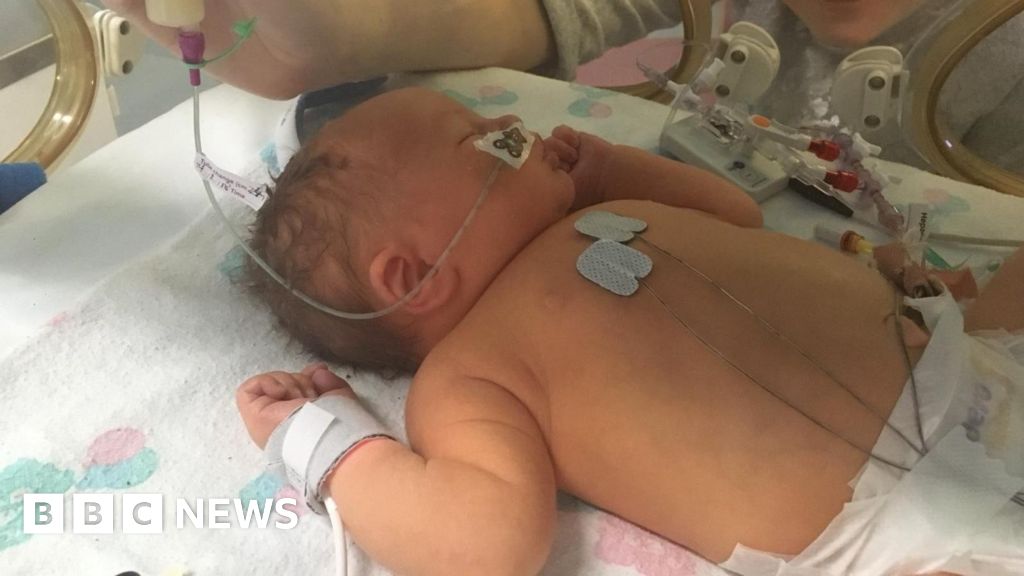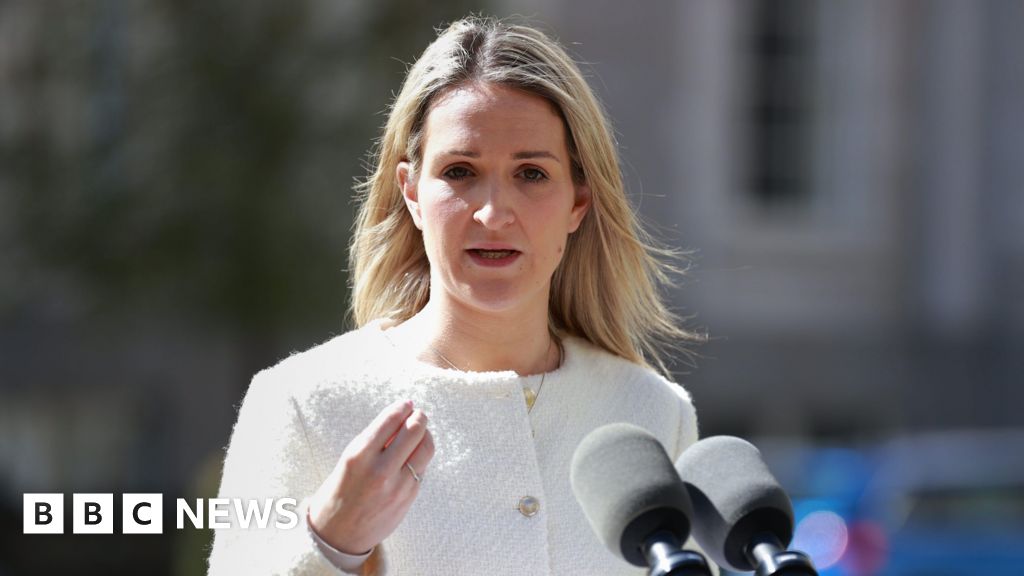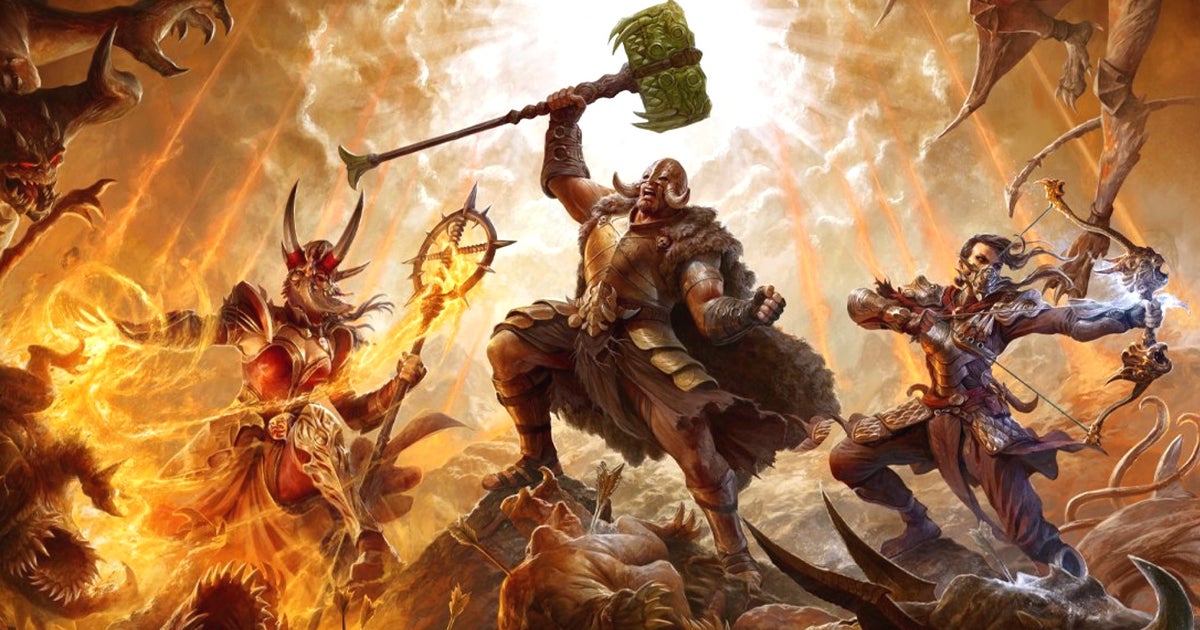- Author, Navtej Johal, Katie Thompson & Andrea Pluck
- Role, BBC News
Two mothers whose sons had a stroke and were told they could die are backing calls for the introduction of a childhood strokes registry in the UK.
Austin was just 12 minutes old, while Bayley was aged two when they suffered strokes.
About 400 children are diagnosed with a stroke every year in the UK, according to charity Stroke Association.
A consultant paediatric neurologist said stroke could be fatal in children and a registry would be “the biggest thing that could happen”.
Austin was taken away from mum Rachel moments after being born when he stopped breathing and started to turn blue.
He was transferred to Luton & Dunstable University Hospital and Rachel was told he was very poorly and might not make it.
“It was all extremely touch and go. We didn’t know what was going on,” she said.
After CT scans, about five days later Rachel was told Austin had suffered a stroke and there was a high chance he would have epilepsy as a result.
Doctors also said Austin might not be able to talk or walk.
Rachel, from Colchester, Essex, said: “I did not even know babies could have strokes. I had no idea. I had a grandfather who had a stroke so I associated stroke with older people. We were utterly shocked.
“No one could tell us anything. You live in an absolute world of uncertainty. You’ve got no idea what your child will be able to do. It was really scary.”
Now aged six, the stroke has affected Austin’s ability to walk, talk and use his arm and hand. It has also resulted in weakness in the right side of his body, which means he does not have the same range of movement as most of his peers.
It has also led to developmental delays. Austin did not start walking until he was nearly two and a half years old.
Rachel said: “Everything has been very delayed. He’s always going to be behind his peers.
“But he is doing things in his own time and reaching those milestones and when he does it’s lovely. He’s doing amazingly well now and exceeded all the expectations.
“I’m very hopeful that he that will continue on that trajectory.”
Rachel said a registry for paediatric stokes was “crucial”.
“It’s such a basic thing we need. We don’t have a record of these children and what’s happened to them,” she added.
In the UK, more than 100,000 people have a stroke every year, Stroke Association said.
Consultant paediatric neurologist Dr Shakti Agrawal, from Birmingham Children’s Hospital, said the most common form of stroke was known as arterial ischemic stroke, which occurs when the blood supply to the brain is hampered and can lead to the death of cells.
He is taking the lead in developing a stroke service for children in the West Midlands and said the need for a UK registry was “absolutely critical”.
“Thankfully it is very rare to die from stroke in paediatrics, but it can happen,” he said.
“It’s a developing brain so it has lots of consequences in terms of learning, in terms of cognition, in terms of their behaviour.”
A registry exists for strokes in adults in the UK but not for children.
Dr Agrawal said having a national database with the risk factors leading to strokes in children would open doors to research and treatments and help develop health policies.
“I can’t support it enough,” he said.
Stroke Association said there was no funding available for a childhood stroke registry.
In a statement, the Department of Health said it welcomed funding applications for research into childhood stroke.
Elise was giving her two-year-old son Carter a bath when she noticed a sudden drop on the right hand side of his face.
“Instantly I thought: ‘Oh my goodness, he’s having a stroke,'” Elise, from Crowthorne in Berkshire, said.
“I knew something was wrong and it was just embedded in my brain that it was a stroke.”
She remembered seeing the Act FAST campaign on TV and dialled 999.
“It was really terrifying. It’s the scariest moment we’ve had as a family.”
Image source, Family photo
Carter was rushed by paramedics to his local hospital and later transferred to Southampton General.
His parents were told he had suffered a rare form of stroke.
He was put into a medically induced coma to try and reduce the brain swelling and put in the paediatric intensive care unit.
The couple were told Carter’s type of stroke was severe and to prepare for the worst.
The mother-of-two said: “You just can’t fathom. Looking back now it feels almost like a bad dream.
“Nobody could tell us for sure what the future was going to look like and if Carter would survive.”
Image source, Family photo
After round the clock care for four days, Carter began to improve and his rehabilitation started.
He had to go back to the beginning and learn everything again from when he woke as he could not eat, speak or move.
Elise said: “You are really grateful that your child is there and also grieving them at the same time. Because although you’re looking at the person who’s always been your child, they’ve completely changed, at least in that first instance. Nothing of him was there to start with.
“I was missing him while holding him at the same time.”
Carter was back at home in time for his third birthday in February and is continuing his rehabilitation as an outpatient.
Elise said: “Parts of him are shining through now. We’re incredibly proud of everything that he does.”
Elise is also backing calls for a childhood strokes registry and said it would help with navigating knowledge around childhood stroke.
Stuart Cooper, from Stroke Association, said: “At the moment, awareness of and research into childhood stroke is really low. This means that on the rare occasions when babies and children have a stroke, it is taking too long to get a diagnosis and treatment for them.
“We want to see better recording of data around stroke in children and babies. We believe this would greatly help to inform research and improve the standards of care for these children, as well as give us valuable insight into who childhood stroke most often happens to and start answering questions about why.”
An NHS spokesperson said as part of its work to launch a new cerebral palsy framework, it has created a data dashboard which it hoped would improve early detection, diagnosis and treatment for children affected by stroke.

Sarah Carter is a health and wellness expert residing in the UK. With a background in healthcare, she offers evidence-based advice on fitness, nutrition, and mental well-being, promoting healthier living for readers.








